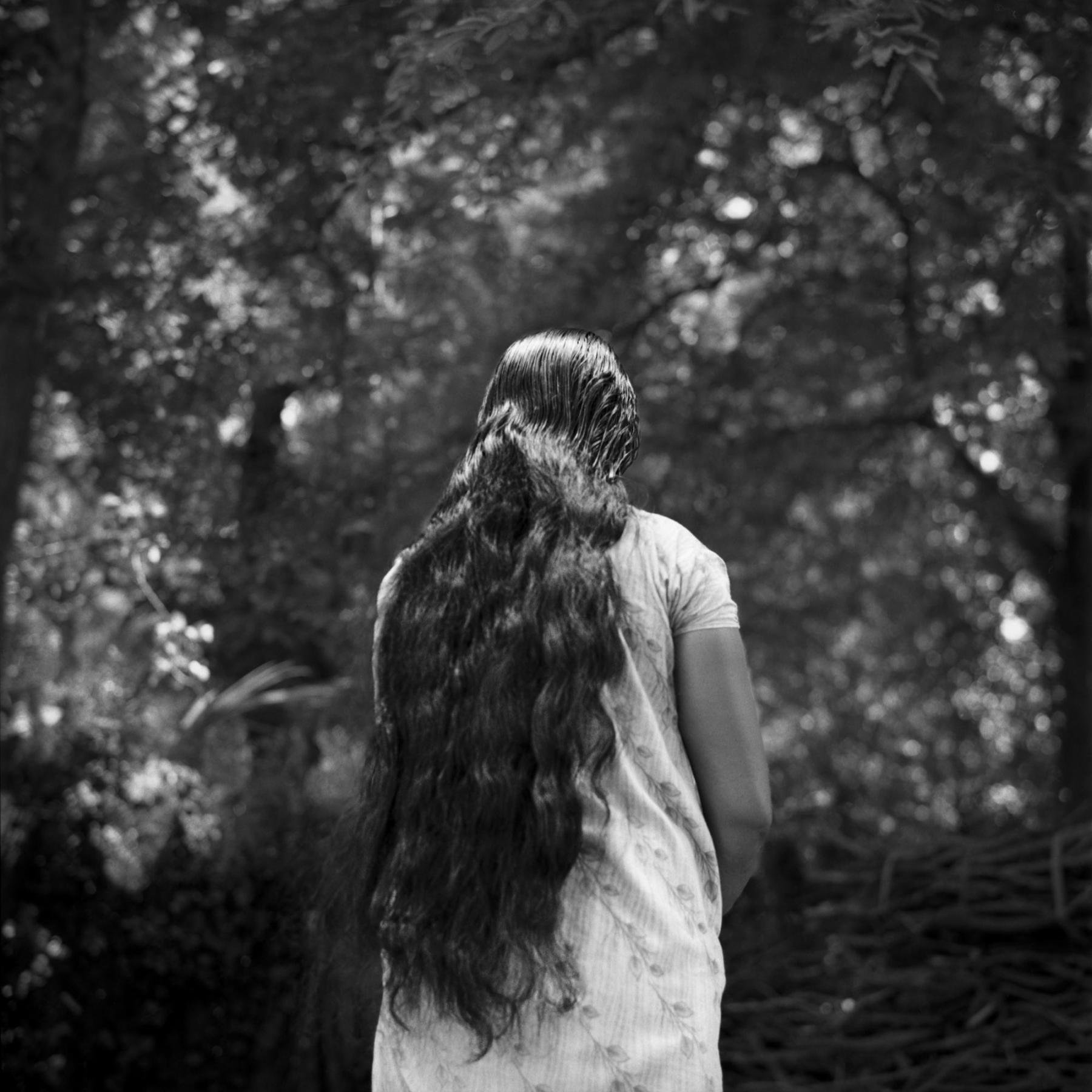Reimagining Desi Cotton
We’re delighted to share that Pico and Kaskom have been selected for a second round of funding and support from the British Council and UAL’s Fashion, Textiles and Technology Institute (FTTI) for our R&D project.
In Phase 1, we developed a first-of-its-kind biodegradable underwear prototype using knitted desi cotton jersey. Now, we’re diving deeper into the potential of this remarkable fibre, with plans to launch four new desi cotton undergarments next year.
What is desi cotton?
Desi cotton refers to ancient, indigenous varieties native to the Indian subcontinent. Unlike commercial hybrid cotton, desi varieties have adapted over centuries to thrive in local climates and soil conditions, can be grown alongside other food crops, and are uniquely rain-fed—requiring no irrigation.
Kaskom works specifically with Karunganni, a desi cotton native to Tamil Nadu—the same region where our undergarments are sewn. This will enable us to produce each garment from seed to finished piece within just an 85km radius.
We feel very fortunate to be continuing our collaboration with Swaminathan Vaithilinagam of Kaskom, whose deep knowledge and close relationships with farmers are central to reviving this heritage fibre.
You can find out more about Kaskom’s work here.
To support this next phase of our Research & Development project, we’ll be focusing on four key areas:
Farmer Self-Sufficiency: Prototyping an on-farm ginning machine to help small-scale farmers process their own cotton.
Material Innovation: Developing and testing new fibre compositions and constructions to optimise desi cotton for undergarments.
Industrial & Handcrafted Textiles: Exploring both approaches to showcase the fibre’s full versatility.
Market & Storytelling: Elevating desi cotton’s value through thoughtful design and narrative, tracing its journey from farm to fabric.
Image: Untitled from the series Like rainclouds moving between branches of lightning, Aishwarya Arumbakkam, 2018 - Ongoing.
We’re also excited to be working with Tamil Nadu artist and photographer Aishwarya Arumbakkam, who will help to document the stories of farmers working with Kaskom to grow Karunganni cotton.
Based in Chennai, Aishwarya was named one of the British Journal of Photography’s Ones to Watch in 2019 and was awarded the Magnum Foundation Photography and Social Justice Fellowship in 2020.
You can see more of Aishwarya’s work here.
This phase brings us closer to our long-term goals around sustainability, regenerative materials, and localised production. We’re looking forward to inviting you to a showcase of the work at an exhibition opening later this year at the British Council headquarters in London.
In the meantime, we really appreciated hearing from many of you last time—and would love to know if you have any new thoughts, questions, or ideas on styles and designs you’d like us to explore as the project evolves. And if you’d be interested in taking part in future wearer trials, please do let us know—we’ll make a note to get in touch when the time comes.




